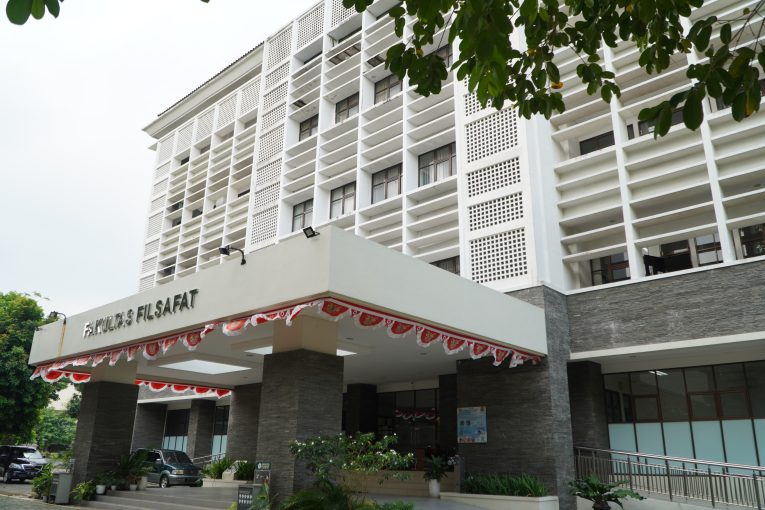
This year, the Faculty of Philosophy at Universitas Gadjah Mada (UGM) commemorates its 58th anniversary, marking nearly six decades of contributions to philosophical thought and scholarly development for society, the nation, and civilization. The celebration carries the theme “Open Science: Democratizing Knowledge, Empowering the Marginalized”, offering a reflective moment to explore the role of philosophy in advancing epistemic justice and promoting open access to knowledge.
“This theme emphasizes the importance of the open science movement as an effort to make scientific knowledge more inclusive, equitable, and accessible to all,” said Dean of the Faculty of Philosophy, Prof. Dr. Rr. Siti Murtiningsih, S.S., M.Hum., on Tuesday (May 6).
She explained that two main ideas underpin the selection of this year’s theme. The first is the democratization of knowledge. Open science advocates for making research findings freely available to anyone, removing barriers such as cost and institutional access. This openness enables students, independent researchers, and the general public to access and benefit from scientific knowledge.
The second idea is empowering the marginalized. Open access allows economically, socially, and geographically marginalized groups to participate in the production and dissemination of knowledge—this includes community organizations, researchers in developing countries, and civil society actors.
“This theme is closely aligned with the spirit of philosophy: liberating knowledge from domination, creating spaces for equal dialogue, and striving for epistemic justice,” the Dean emphasized.
In the spirit of openness, the 58th Dies Natalis will feature a range of inclusive events designed to engage not only the academic community of the Faculty but also the wider public. Regular activities such as the Faculty Sports Week, Family Gathering, and Wayang Performance will return this year.
One of the highlights will be the Karawitan Festival and Nusantara Bazaar, held over two days on July 19–20. A total of 46 karawitan (Javanese gamelan music) groups from the Yogyakarta Special Region will participate, featuring performers across age groups—from children to the elderly. This festival serves both as a celebration of traditional arts and a generational bridge in the spirit of cultural continuity.
In addition, the Philosophy Essay Competition (PEC) returns for its fourteenth year. For the first time, the competition will feature two categories: one for high school students and another for university students. With a relevant philosophical theme, PEC encourages young people to express their ideas critically and creatively.
Chair of the 58th Dies Natalis Committee, Moch. Najib Yuliantoro, S.Fil., M.Phil., stated that this year’s events are designed not just as a celebration, but also as a platform for collaboration, dialogue, and community impact.
“We hope this commemoration becomes a shared space to exchange ideas, strengthen networks, and broaden the societal reach of philosophy. The open science spirit we champion this year is intended to inspire collective efforts towards a more just and inclusive educational landscape,” he said.
